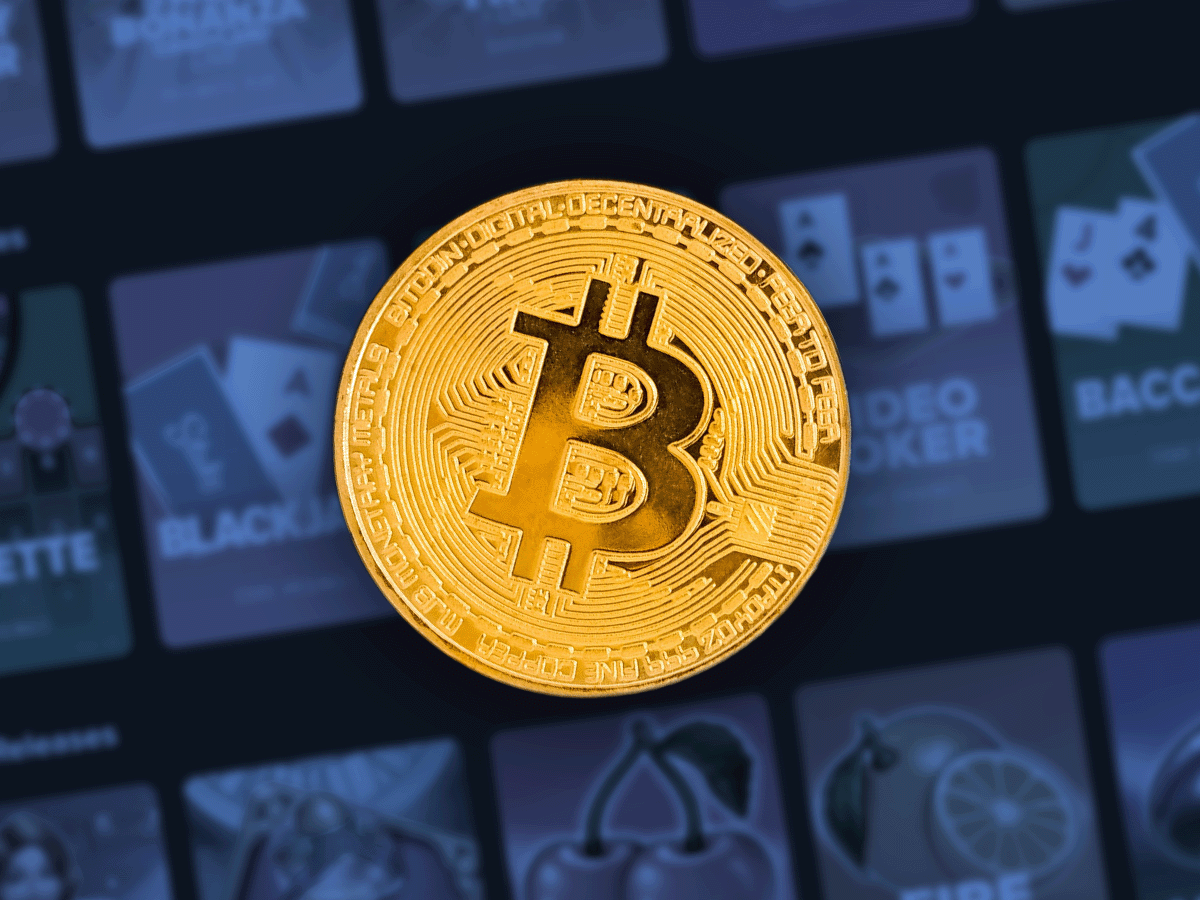The Future of Bitcoin In the Online Gambling Industry
Bitcoin and other cryptocurrencies have been a hot topic over the past couple of years, not only among investors but online gamblers as well. Some game developers have already started to design games meant to be played exclusively with bitcoin, but what does the future hold for bitcoin and online gambling?
What Is Bitcoin?
Bitcoin is the world’s largest cryptocurrency in terms of market cap. Bitcoin is a fully decentralized digital currency that is not dependent on any central bank or other institution. The laws of supply and demand determine its value, which is controlled by a network of computers spread across the world.
Bitcoins are often divided into milli-bitcoins (or mBTC), one-thousandth of a bitcoin. This is done to make it more comprehensible since one bitcoin can be worth tens of thousands of dollars – the all-time high so far is almost $70,000.
Bitcoin’s value has been the topic of conversation for years, thanks to its high volatility. Bitcoin is rarely used for any other purpose than as a speculative investment, though an increasing number of high street retailers have started accepting it as a payment method.
While the world’s top cryptocurrency has its dedicated userbase, it has also been criticized for several reasons. One reason is energy consumption. In July 2022, it was calculated that mining one bitcoin needed 143,000kWh of energy.
As a big part of the current mining activity is focused on countries using mainly fossil fuels, it is clear that it’s not exactly eco-friendly. Depending on the price of electricity, it might not even make any sense to mine bitcoin.
Online Gambling And Bitcoin
One of the purposes bitcoins can be used for is gambling, and the number of casinos and other online gambling sites accepting cryptocurrencies has been increasing rapidly. The first crypto casinos had one major issue: Even if the casinos made it possible to deposit bitcoin, the games only supported fiat currencies.
An avalanche of bitcoin-only casino games is yet to be seen, but the number of these games has been growing steadily. Many bitcoin gamblers are especially eager to see if the popular, already established game developers will release crypto versions of their hit games.
The fluctuation in bitcoin’s value is one aspect that makes gambling with it even more exciting to some. Imagine you make a deposit when one bitcoin is worth $30,000. You then go on rolling the dice or hitting the slots and manage to double your deposit.
If by the time you withdraw your winnings, bitcoin would have gone up to $45,000, it would mean your winning would be worth 50% more. Of course, this works the other way around too.
Even though it makes betting riskier, the value fluctuations also make long-term bets all the more exciting. That’s why many sports bettors have chosen to make their season bets with bitcoin – you’ll get double the excitement waiting to see if you hit your bet and what is the value of bitcoin at the time if you do.
Gambling With Other Cryptocurrencies
While you are almost certain to find bitcoin as an option at any online gambling site accepting cryptocurrencies, it is by no means the only cryptocurrency widely used for gambling.
Here are a few other alternatives you might want to consider, if you don’t want to gamble bitcoin online.
Dogecoin
Dogecoin was originally intended to be a joke, but things started happening when the Tesla frontman Elon Musk announced on Twitter that he was supporting dogecoin. Ever since then, dogecoin has also been adopted by the world’s largest movie theater chain AMC as well as the NBA team Dallas Mavericks, owned by another crypto-enthusiast, Mark Cuban.
Cuban has said that the dogecoin community is the strongest in using the currency as a medium of exchange. This is probably also the reason why dogecoin has become a common occurrence on online gambling sites.
Litecoin
Litecoin is a bitcoin-based cryptocurrency released in 2011. It is one of the most popular cryptocurrencies used as a payment method, with thousands of retailers accepting it. Litecoin’s benefits compared with bitcoin are the speed of transactions and low fees.
The popularity does not go unnoticed on online casinos either, as plenty of sites accept litecoin. When game developers come up with new crypto-games, they are very likely to also support litecoin.
Ethereum
Released in 2015, Ethereum has since grown to become the second largest cryptocurrency by market cap, only trailing bitcoin. Ethereum is not only a currency but also a platform to run different types of applications.
Much like bitcoin, litecoin, and dogecoin, ethereum is widely accepted on online gambling sites. As Ethereum can already be used to run applications, it will be interesting to see whether there will be casino games built on the ETH platform.
The Downsides Of Gambling With Cryptocurrencies
Even with the growing popularity of cryptocurrencies in the online gambling industry, some factors still hinder their success. One is that the number of crypto gambling sites is still significantly smaller than those using fiat currencies.
You will also quite likely need to convert the cryptocurrencies to dollars, euros, or other fiat currencies to start gambling. This can mean additional fees or value lost in currency conversion. So far, the number of casino games you can play directly with cryptocurrencies has been rather low, though the numbers are growing by the day.
The one major thing traditional payment methods have over cryptocurrencies is that almost all gamblers already have them at their disposal. Most of us own at least one credit or debit card, so many simply choose to use the card for convenience.
The Future Of Online Gambling
Bitcoin and other cryptocurrencies might not replace fiat currencies in online gambling, but it looks like they will become increasingly popular. One thing that might come in the way of cryptocurrencies dominating the online gambling industry is the increasing regulation of cryptocurrencies.
On the other hand, the regulation might also make cryptocurrencies more mainstream and easily available to the general public. This, in turn, could lead to more gambling sites accepting cryptos. While no one can say with absolute certainty what will happen in the future, it seems like cryptocurrencies have become a permanent part of the online gambling industry.












